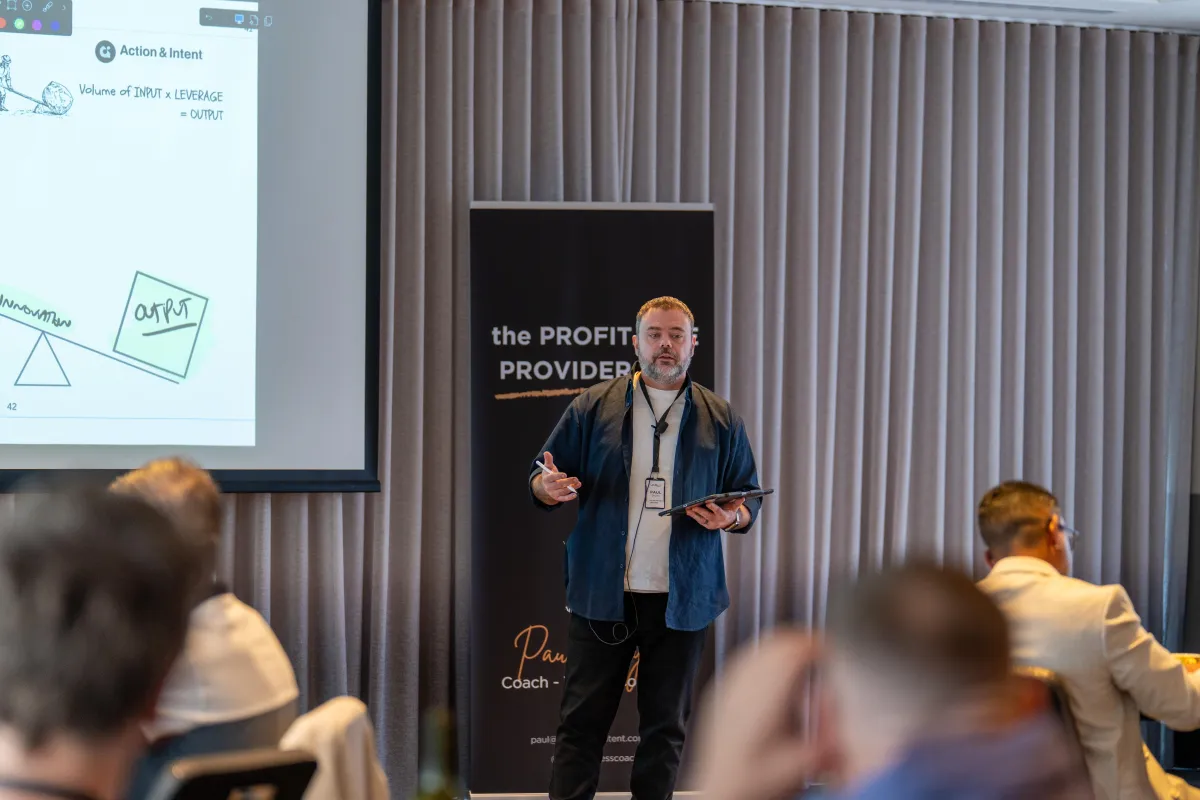
How to Build a High-Performing Support Team Without Burning Out
Introduction
Are you constantly solving team problems instead of scaling your business? You’re not alone. Many NDIS, aged care, and allied health providers struggle with inconsistent staff, cultural misalignment, and unclear expectations. But the truth is – your team doesn't need to be "perfect" to be powerful.
What they do need is clarity, consistency, and leadership.
Let’s explore the practical steps to build a reliable, engaged support team without burning yourself out in the process.
1. Know Who’s On Your Team (Really)
Every support team has its characters – from the reliable workhorses to the dream disruptors.
Here’s a quick framework:
Crowd – in it for the money, minimal engagement
Team – do the job reliably, nothing extra
Sidekicks – thoughtful, observant, proactive
Rockstars – culture champions, future leaders
1%ers – the few you trust to lead without you
Recognising where your team members sit helps you invest your time where it matters most.
2. Set Clear Non-Negotiables
Vague expectations breed frustration. Define what’s essential:
Turning up on time ⏰
Submitting shift notes
Respecting culture and communication protocols
Not abusing cars, rosters, or management on weekends (true story!)
Build your baseline – and share it early in the onboarding.
3. Create Leverage with Systems
You don’t need to work harder. You need better leverage:
A meaningful induction process
Regular toolbox meetings 🧰
Leadership templates and communication check-ins
Training systems that grow with your business
These systems multiply your input and scale your outcomes.
4. Lead From the Top
Your leadership sets the tone. If you’re late, disorganised, or inconsistent – your team will mirror that.
Show up with:
Radical ownership
Clear communication
A calm, confident presence
Your team needs to see what leadership looks like – not just be told.
Conclusion
You don’t need a team full of unicorns – but you do need structure, strategy, and self-awareness. Start building a culture where expectations are clear, support is structured, and growth is intentional.
